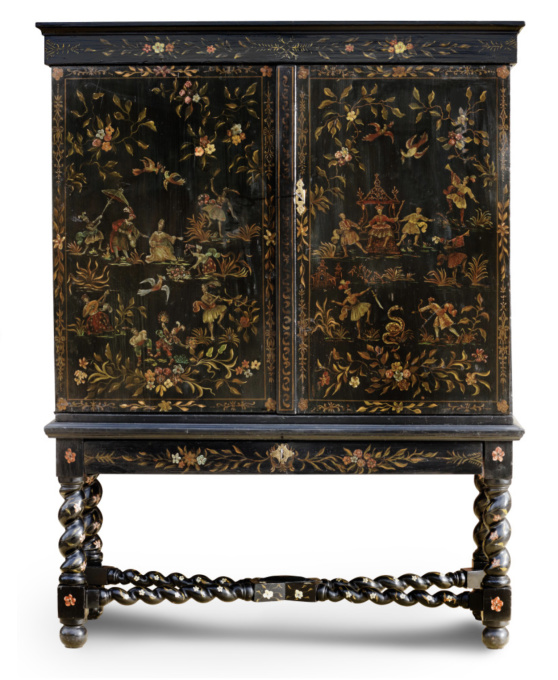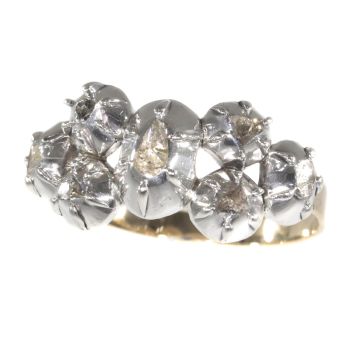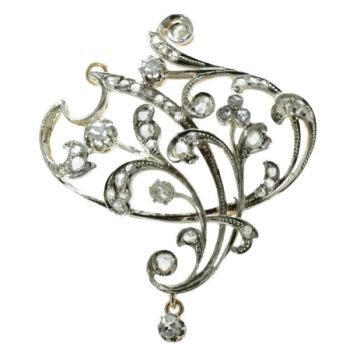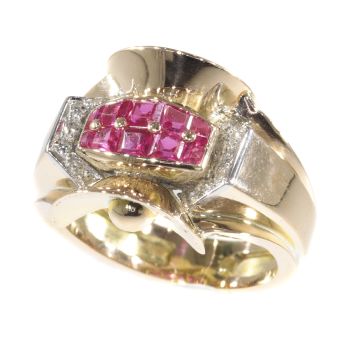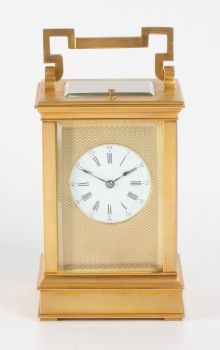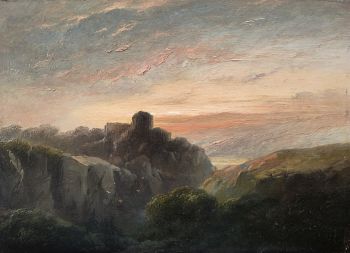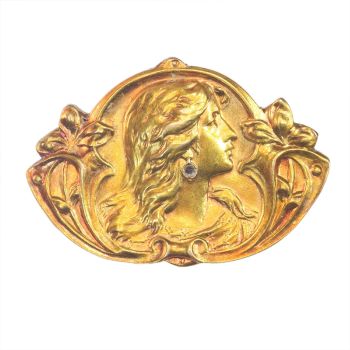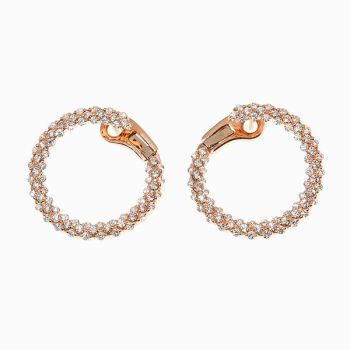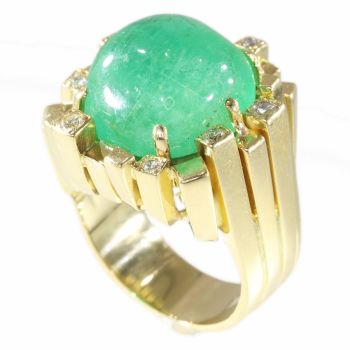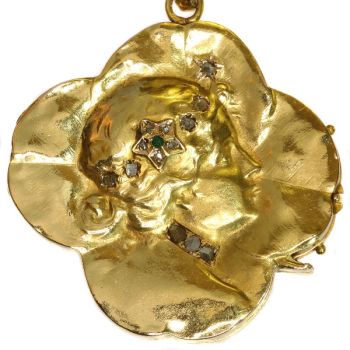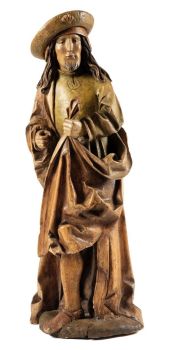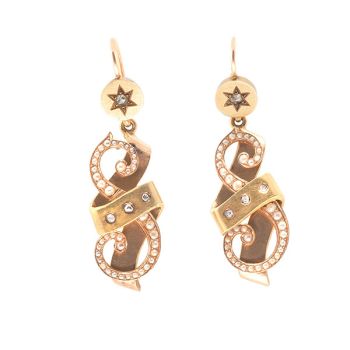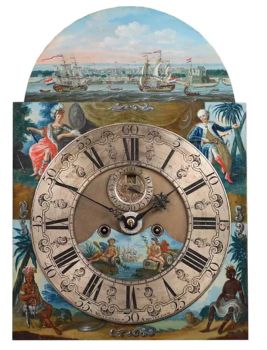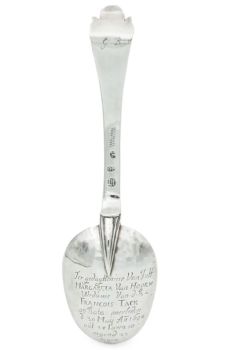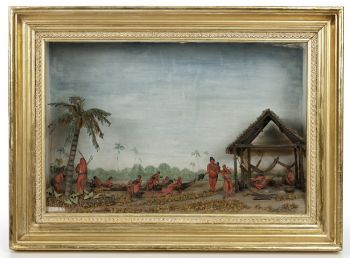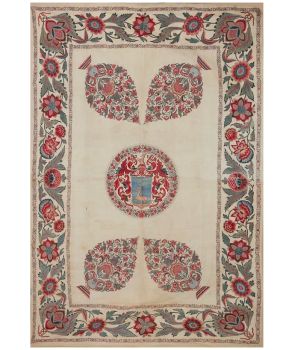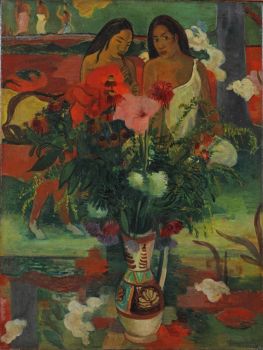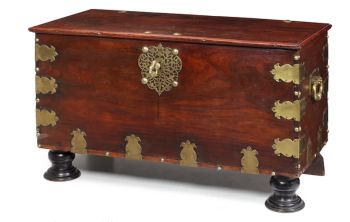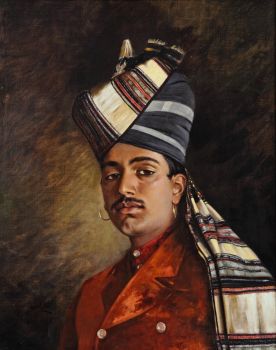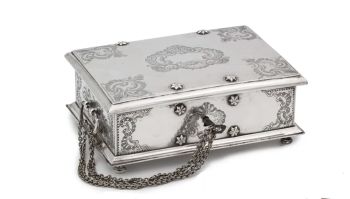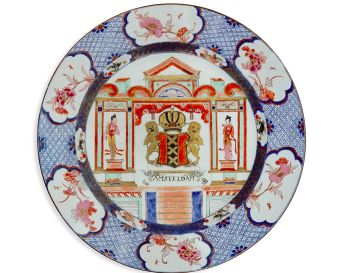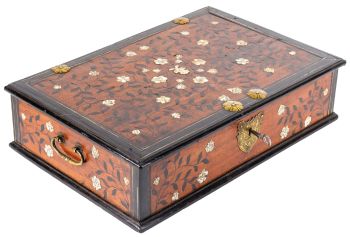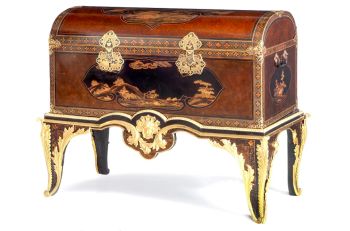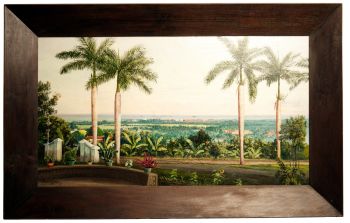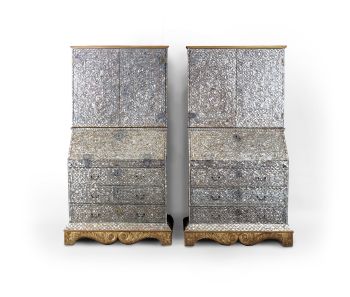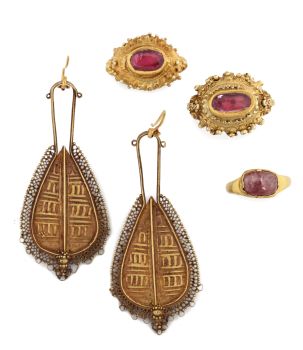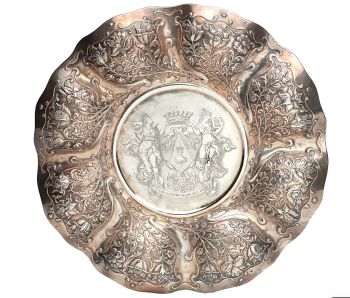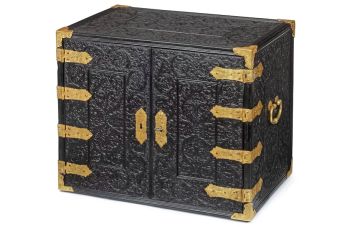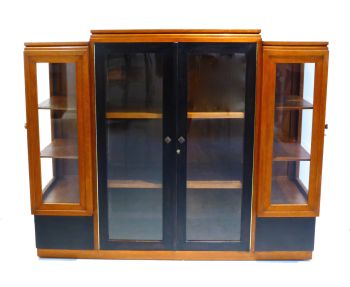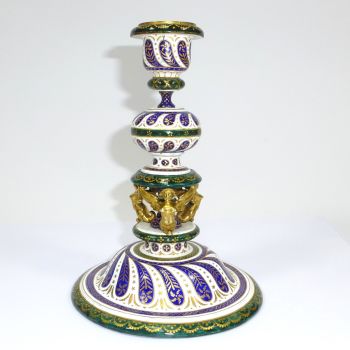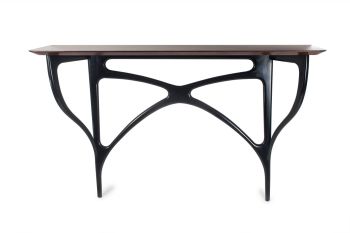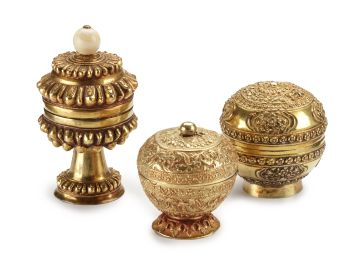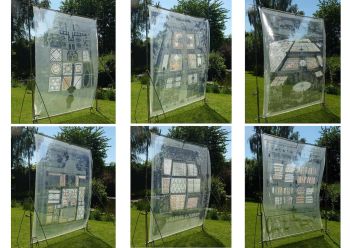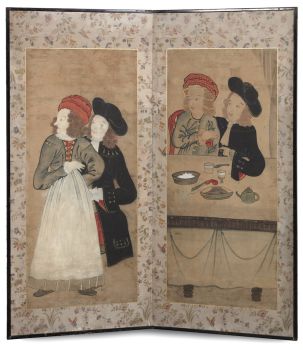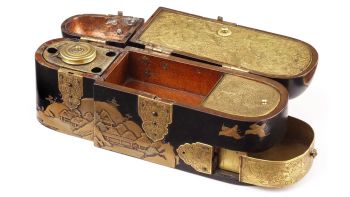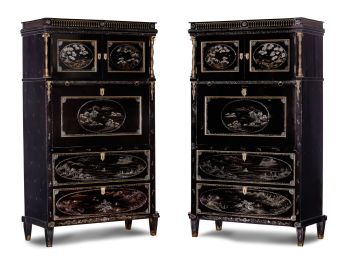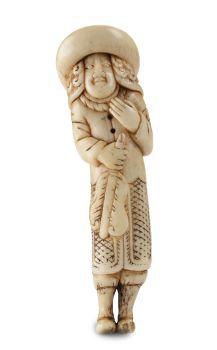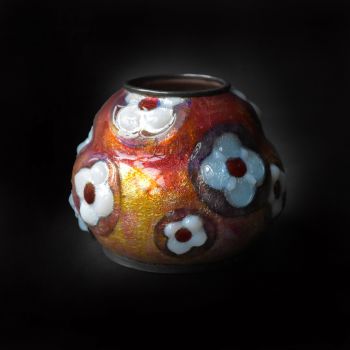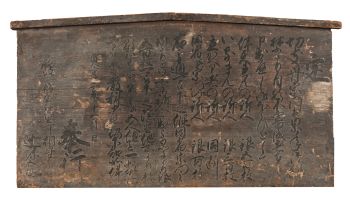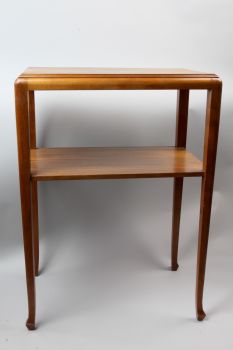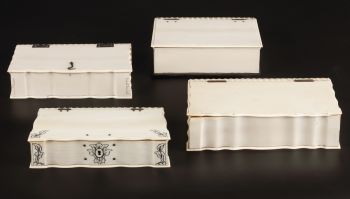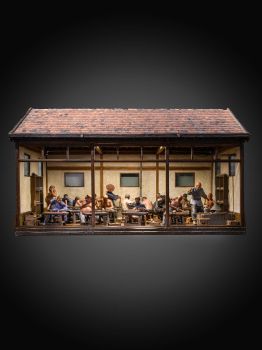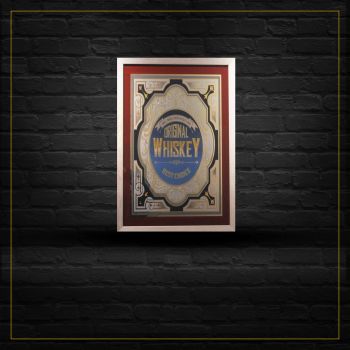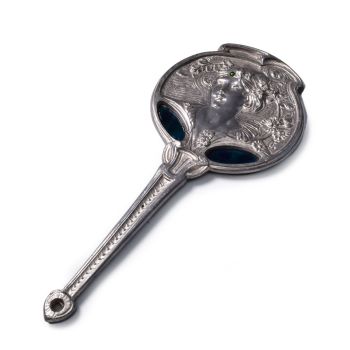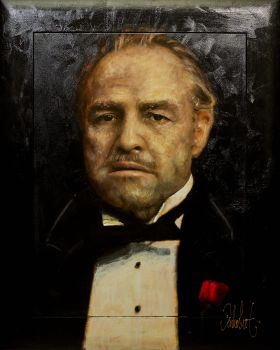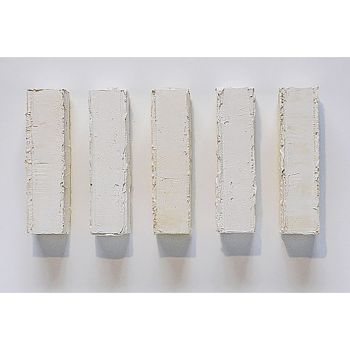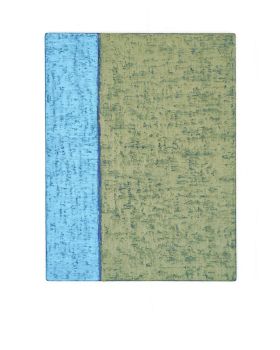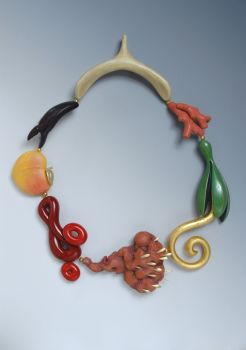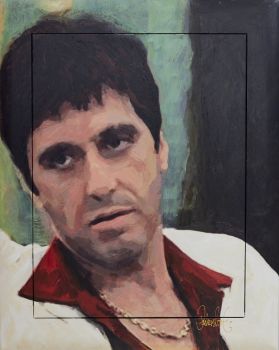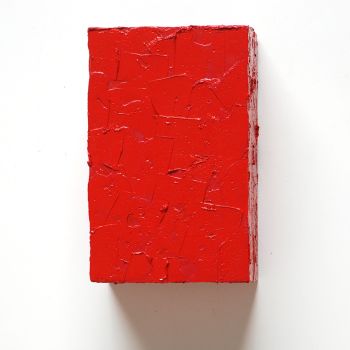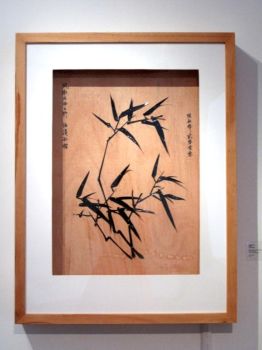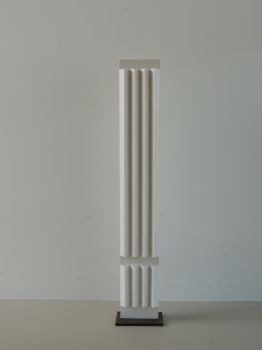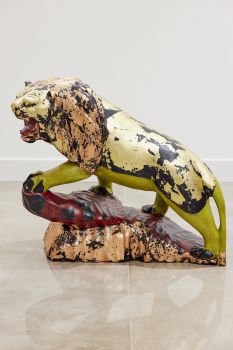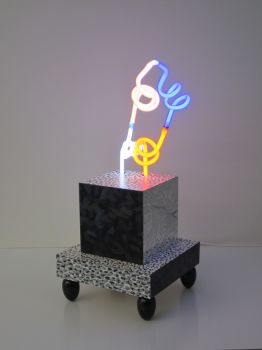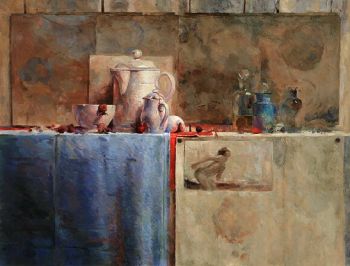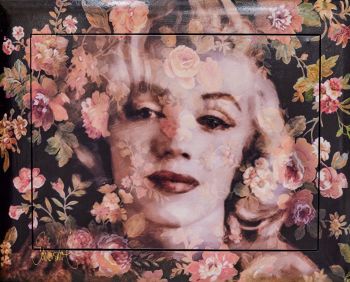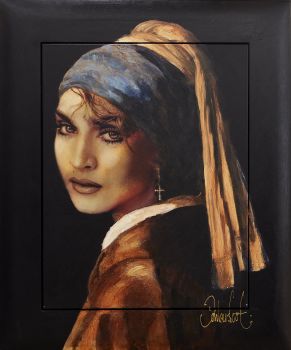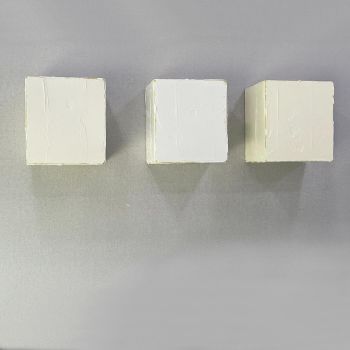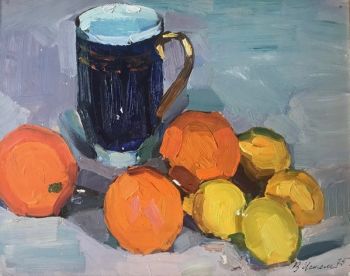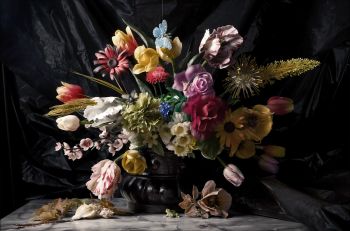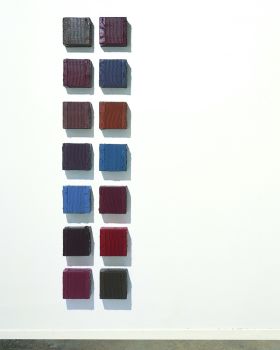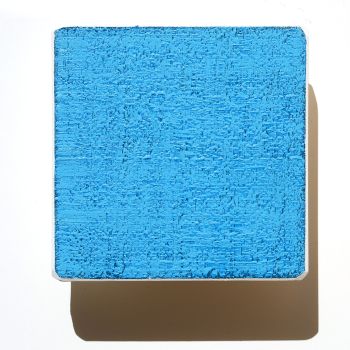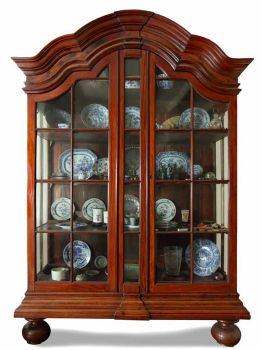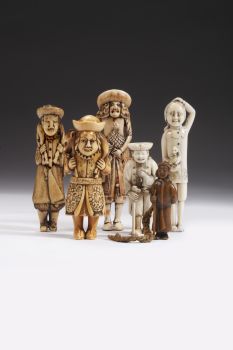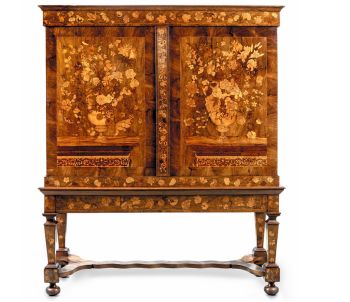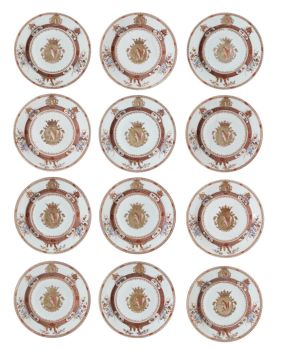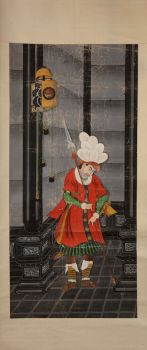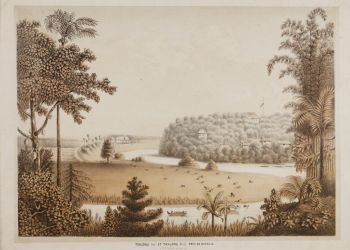A Dutch Chinoiserie pinewood polychrome lacquered cabinet on stand 1650 - 1700
Artista Desconhecido
MadeiraLaca
218 ⨯ 140 ⨯ 56 cm
Preço em pedido
Zebregs & Röell - Fine Art - Antiques
- Sobre arte
Holland, late 17th century, with some later overpaintings
H. 218 x W. 140 x D. 56 cm
Provenance:
Collection Oprah Winfrey, Fisher Island, Miami
At the end of the 17th century, European lacquer art, as an attempt to imitate imported Japanese and Chinese lacquer art, started in Holland and England but rapidly spread to other European countries. If European lacquer art sought to imitate East Asian lacquer art, this was not very successful. First of all, the essential raw material for East-Asian lacquer work, the resin of the Rhus verniciflua tree, did not exist in Europe and raw lacquer could not be exported to Europe because it did not survive the long sea journey. Once dried, it is impossible to dissolve.
This meant that European lacquer workers had to work with inadequate materials. However, they quickly learned to develop suitable substitutes: spirit-lacquer/varnish and, even better, linseed oil-lacquer. Secondly, the Chinese and particularly the Japanese decorations were not well understood, so European lacquer workers developed their own decoration style, combining elements of Asian and European decorative styles, which also had to be adapted to the form of European furniture, such as the presented Dutch-shaped cabinet. This cabinet is an excellent example of high-quality lacquer work in the Netherlands in the late 17th century. In the 18th century, lacquerwork was made successfully in several European workshops. Even in the 19th century, this type of cabinet was still fashionable, so they were often restored (read: overpainted). Fortunately, this cabinet only has some small 19th-century additions to the decoration.
Source:
Monika Kopplin, European Lacquer, Hirmer Verlag, Munich, 2010 - Sobre artista
Pode acontecer que um artista ou criador seja desconhecido.
Algumas obras não devem ser determinadas por quem são feitas ou são feitas por (um grupo de) artesãos. Exemplos são estátuas dos tempos antigos, móveis, espelhos ou assinaturas que não são claras ou legíveis, mas também algumas obras não são assinadas.
Além disso, você pode encontrar a seguinte descrição:
•"Atribuído a …." Na opinião deles, provavelmente uma obra do artista, pelo menos em parte
• “Estúdio de…” ou “Oficina de” Em sua opinião um trabalho executado no estúdio ou oficina do artista, possivelmente sob sua supervisão
• "Círculo de ..." Na opinião deles, uma obra da época do artista mostrando sua influência, intimamente associada ao artista, mas não necessariamente seu aluno
•“Estilo de…” ou “Seguidor de…” Na opinião deles, um trabalho executado no estilo do artista, mas não necessariamente por um aluno; pode ser contemporâneo ou quase contemporâneo
• "Maneira de ..." Na opinião deles, uma obra no estilo do artista, mas de data posterior
•"Depois …." Na opinião deles uma cópia (de qualquer data) de uma obra do artista
• “Assinado…”, “Datado…” ou “Inscrito” Na opinião deles, a obra foi assinada/datada/inscrita pelo artista. A adição de um ponto de interrogação indica um elemento de dúvida
• "Com assinatura ….”, “Com data ….”, “Com inscrição ….” ou “Tem assinatura/data/inscrição” na opinião deles a assinatura/data/inscrição foi adicionada por outra pessoa que não o artista
Você está interessado em comprar esta obra de arte?
Artwork details
Related artworks
- 1 - 4 / 12
Artista Desconhecido
A Surinam-themed Amsterdam long-case clock1746 - 1756
Preço em pedidoZebregs & Röell - Fine Art - Antiques
 Com curadoria de
Com curadoria deGallerease Magazine
Artista Desconhecido
Japanese transition-style lacquer coffer 1640 - 1650
Preço em pedidoZebregs & Röell - Fine Art - Antiques
1 - 4 / 24Artista Desconhecido
The Stamford Raffles Secretaires.1800 - 1813
Preço em pedidoZebregs & Röell - Fine Art - Antiques
Artista Desconhecido
A Japanese bronze Hu flower vase, Edo / Meiji, 19th century19th century
Preço em pedidoMenken Works of Art
Artista Desconhecido
Japanese transition-style lacquer coffer 1640 - 1650
Preço em pedidoZebregs & Röell - Fine Art - Antiques
1 - 4 / 24- 1 - 4 / 24
Artista Desconhecido
Holandeses em miniatura (Netsuke)1700 - 1900
Preço em pedidoZebregs & Röell - Fine Art - Antiques
Artista Desconhecido
The Stamford Raffles Secretaires.1800 - 1813
Preço em pedidoZebregs & Röell - Fine Art - Antiques
 Com curadoria de
Com curadoria deDanny Bree
Shiba Kokan
Pintura de um holandês fantásticoearly 19th
Preço em pedidoZebregs & Röell - Fine Art - Antiques
1 - 4 / 12

